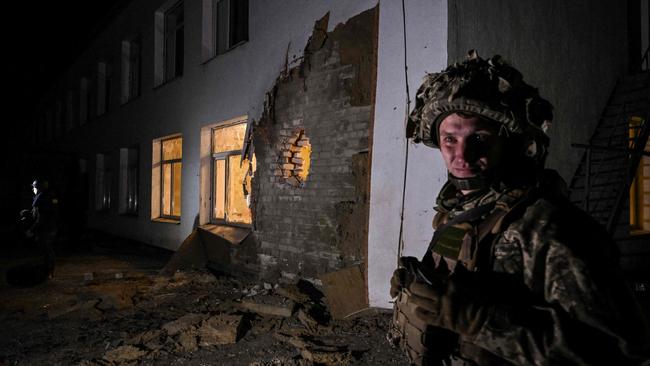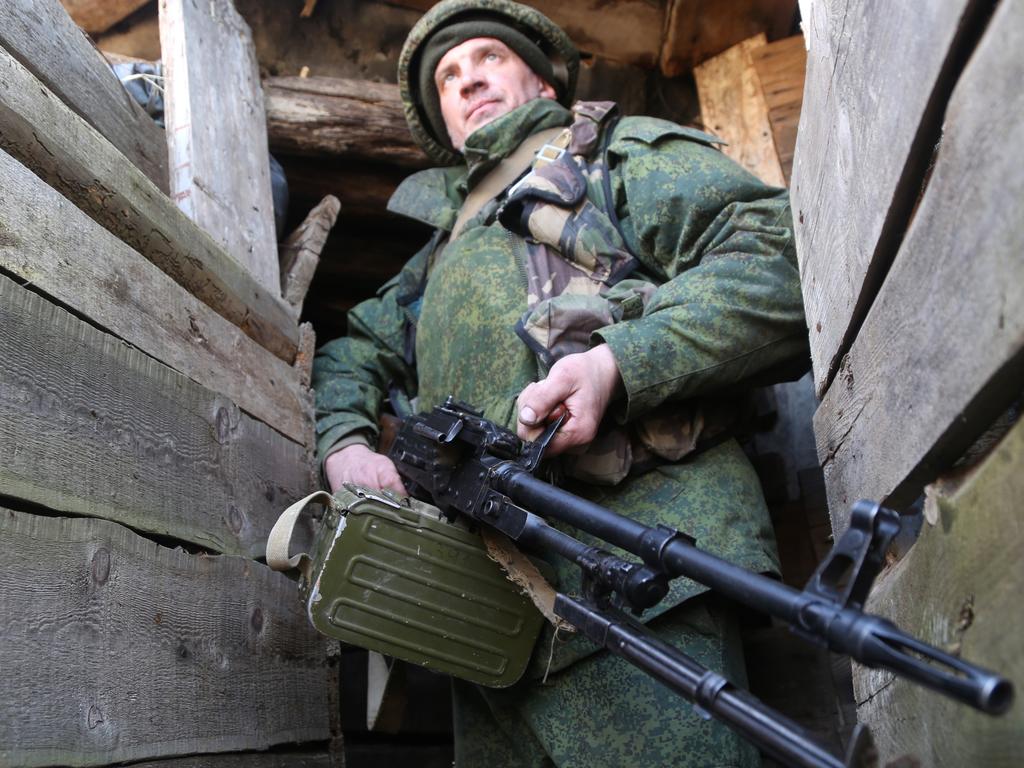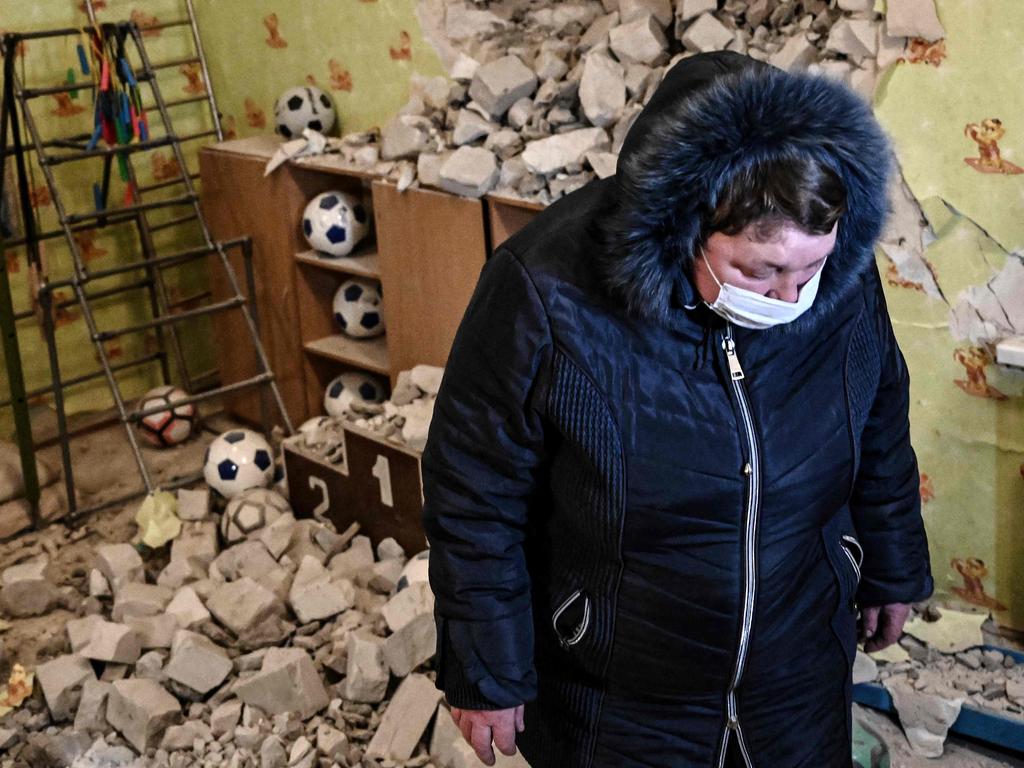Why Putin may have shot himself – and Russia – in the foot
Whether he invades Ukraine or backs down, President Vladimir Putin could have inflicted long-term pain on Russia.
The news, for a moment, seemed encouraging. In a stage-managed TV appearance on Monday Vladimir Putin grunted a terse “good” to the proposal of his Foreign Minister that, despite warnings by the West of an imminent invasion of Ukraine, diplomacy should continue.
A day later, Russia’s defence ministry said some of the 180,000 or so troops it has deployed at its borders with Ukraine are to be withdrawn to barracks, having completed the military exercises which, it has always maintained, is why they were there in the first place.
Officials, and the markets, breathed a small sigh of relief.
Alas, open-source intelligence soon showed that, although a few units were moving, many more were preparing to fight.
With the candour that has wrong-footed Putin, many Western security officials accused him of lying, redoubling their warnings of a looming Russian invasion. Even if the troops pull back, this crisis is not yet over. And, whatever happens, war or no war, Putin has damaged his country by engineering it.
Plenty of Western observers would dispute that judgment.
Without firing a shot, they point out, Putin has made himself the centre of global attention, proving that Russia matters once more.
He has destabilised Ukraine and impressed on everyone that its future is his business.
He may yet win concessions from NATO for avoiding war. And at home he has underlined his statesmanship and distracted from economic hardship and the repression of opposition figures.
Yet these gains are tactical. Even as Putin has won them, in a longer-lasting and more strategic sense he has lost ground.

For one thing, although all eyes are on Putin, he has galvanised his opponents.
Led by Joe Biden, who once called Putin “a killer” and surely loathes the man who tried to deny him the presidency, the West has agreed on a tougher package of threatened sanctions than in 2014, when Russia annexed Crimea.
NATO, dismissed in 2019 by the French President as suffering “brain death”, has found renewed purpose in protecting its Russia-facing flanks.
Having always preferred to keep their distance, Sweden and Finland may even join the alliance.
Germany, having unwisely backed the new Nord Stream 2 pipeline, has accepted that Russian gas is a liability it must deal with and that an invasion would kill off the project.
If Putin imagined that his threats would be met with Western mush, he has been disabused.
Ukraine has indeed suffered. But the crisis has also affirmed the popular sense among Ukrainians that their destiny lies with the West.
Having been neglected in recent years, Ukraine is enjoying the West’s unprecedented diplomatic and military support. Those bonds, forged in crisis, will not suddenly dissolve if Russian forces pull back.
Putin’s most intriguing loss is at home.
Russia has attempted to build a fortress economy. It has boosted its reserves and reduced the share of them held in dollars. It has curtailed firms’ dependency on foreign capital and worked hard to build up its “tech stack”.
It has also cosied up to China in the hope of finding an alternative buyer for the hydrocarbons that are still its principal source of foreign exchange.
Although these actions have lessened the potential harm from Western sanctions, they have not eliminated it. The EU still takes 27 per cent of all Russian exports; China about half that.
The Power of Siberia gas pipeline that runs towards China will, when completed in 2025, carry only a fifth of what now goes to Europe.
In the event of a serious conflict, sanctions through the Swift banking-transactions network or on big Russian banks would cut off the financial system. Huawei-style import restrictions would cause huge difficulties for Russia’s tech firms.
Putin can either live with this interdependency or turn further towards China. Yet that would condemn Russia to being the junior partner of an unsentimental regime that sees it as a diplomatic sidekick and a backward source of cheap commodities.
That is a yoke Putin would chafe under.
As well as devastating Ukraine, war would do far greater harm to Russia than the threat of war. The West would be more galvanised and more determined to turn its back on Russian gas; Ukraine would become a running sore, bleeding Russia of money and men; and Putin would be a pariah. Russia itself would be blighted, in the short run by sanctions and later by still deeper autarky and repression.
Putin has painted himself into a corner. He could lash out. Yet a retreat now, with his ambitions thwarted, may only lead to an attack later. By standing up to the threat he poses, the West has the best chance of deterring that fateful choice.
THE ECONOMIST






To join the conversation, please log in. Don't have an account? Register
Join the conversation, you are commenting as Logout